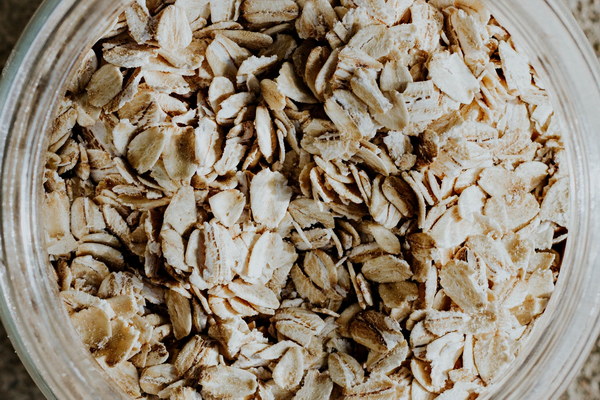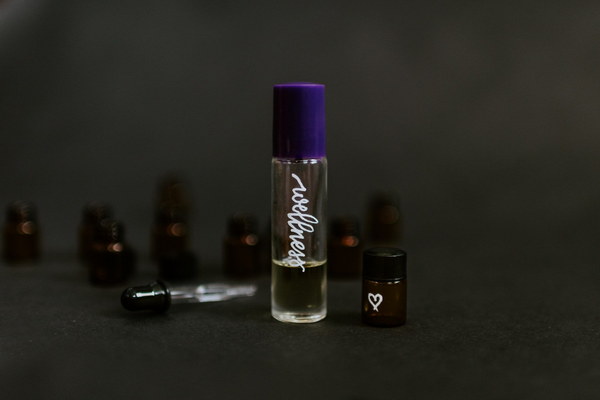The Art of Liver Care A Methodical Approach to Liver Health
In the fast-paced world we live in, taking care of our bodies often takes a backseat to our daily routines. One organ that often gets overlooked is the liver. The liver is a vital organ responsible for filtering toxins, producing bile, and metabolizing nutrients. Therefore, it is crucial to understand that liver care requires a methodical approach to ensure optimal health. This article aims to provide insights into the art of liver care and how to maintain a healthy liver.
1. Understand the Basics of Liver Function
The liver performs a variety of functions, including detoxifying the blood, storing vitamins and minerals, and metabolizing fats. Understanding these functions can help you make informed decisions about your lifestyle and diet. Here are some key points to keep in mind:
- The liver filters about one quart of blood every minute.
- It detoxifies harmful substances such as alcohol, drugs, and environmental toxins.
- It stores vitamins A, D, E, K, and B12, as well as minerals like iron and copper.
2. Adopt a Balanced Diet
A well-balanced diet is essential for liver health. Incorporate the following foods into your daily meals:
- Leafy greens: Spinach, kale, and Swiss chard are rich in vitamins A, C, E, and K, which support liver function.
- Cruciferous vegetables: Broccoli, cauliflower, and Brussels sprouts contain compounds that aid in detoxification.

- Nuts and seeds: Almonds, walnuts, chia seeds, and flaxseeds are excellent sources of antioxidants and healthy fats.
- Lean proteins: Fish, poultry, and legumes provide essential amino acids that support liver repair.
- Fruits: Berries, apples, and citrus fruits are high in antioxidants and help reduce inflammation.
3. Stay Hydrated
Water is crucial for the liver's detoxification process. Drinking plenty of water helps flush out toxins and maintains the liver's optimal function. Aim for at least eight glasses of water per day.
4. Limit Alcohol Consumption
Excessive alcohol consumption can lead to liver damage, including fatty liver disease, hepatitis, and cirrhosis. If you choose to drink alcohol, do so in moderation. The American Liver Foundation recommends limiting alcohol intake to one drink per day for women and two drinks per day for men.
5. Avoid Harmful Substances
Toxins such as drugs, certain medications, and environmental pollutants can harm the liver. Minimize your exposure to these substances by:
- Using non-toxic household products.
- Avoiding secondhand smoke.
- Following safe medication practices.
6. Exercise Regularly
Physical activity helps improve liver function by increasing blood flow and promoting the removal of toxins. Aim for at least 150 minutes of moderate-intensity aerobic exercise or 75 minutes of vigorous-intensity exercise each week.
7. Get Adequate Sleep
Sleep is crucial for overall health, including liver function. Aim for 7-9 hours of quality sleep per night to allow your body to repair and regenerate cells.
8. Manage Stress
Chronic stress can lead to increased inflammation in the body, including the liver. Practice stress-reduction techniques such as meditation, deep breathing exercises, and yoga to maintain a healthy liver.
9. Regular Check-ups
Regular medical check-ups can help detect liver issues early. Ask your doctor about liver function tests and get vaccinated for hepatitis A and B, if necessary.
In conclusion, the art of liver care requires a methodical approach to your lifestyle and diet. By understanding the basics of liver function, adopting a balanced diet, staying hydrated, limiting alcohol consumption, avoiding harmful substances, exercising regularly, managing stress, getting adequate sleep, and maintaining regular check-ups, you can ensure optimal liver health. Remember, a healthy liver is the foundation of a healthy body.









